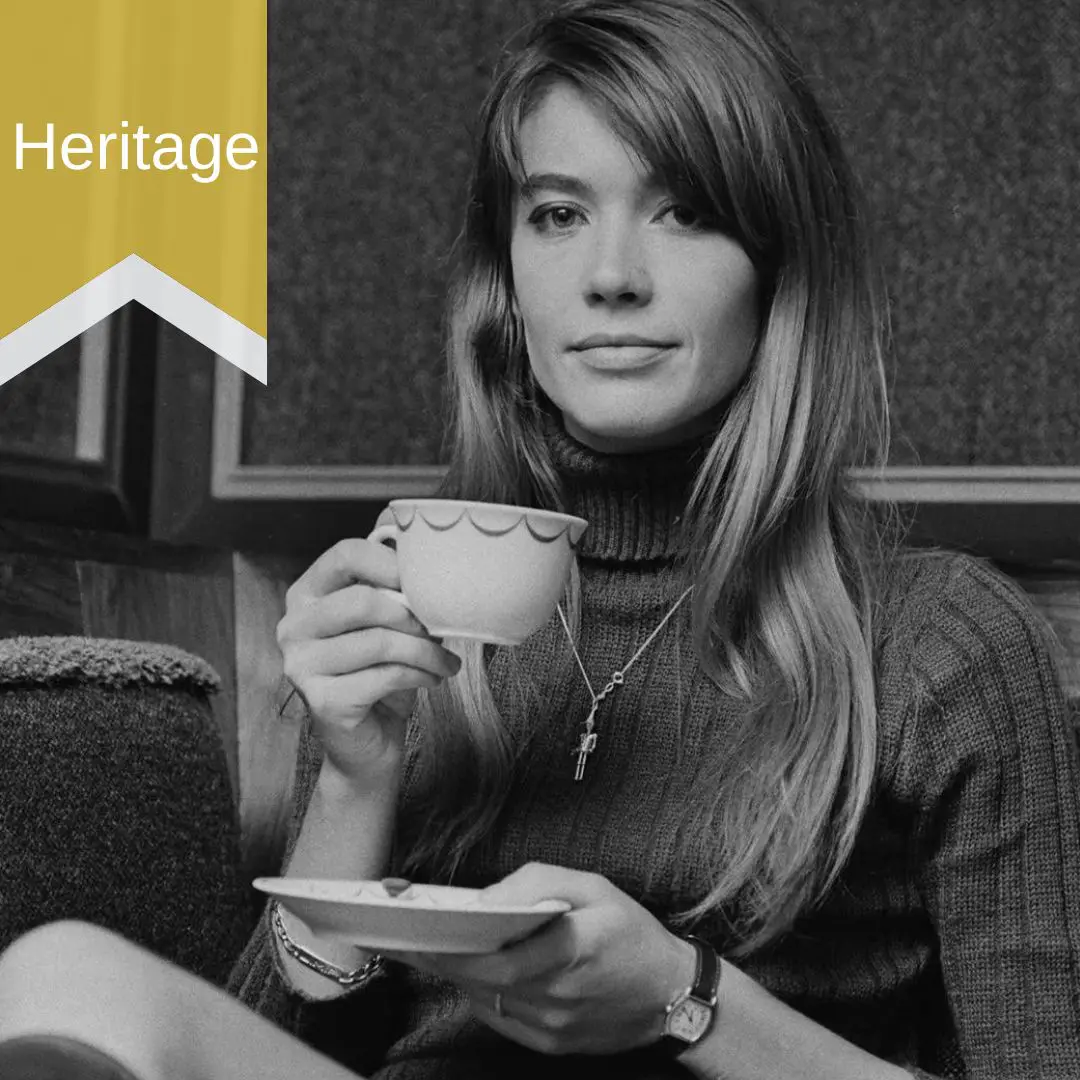
Françoise Hardy
Something truly chic never goes out of style—it's likely why the aesthetic of the Yé-Yé girls (the little known, but much-appreciated group of musicians from the 1960s) has endured for so long. Their effortless image has gone on to inform our modern concept of French-girl chic—a way of dressing many fashion fans can't get enough of.
La question is the eleventh studio album by French singer-songwriter Françoise Hardy, released in October 1971. As a leading figure of the yé-yé movement, Hardy "found herself at the very forefront of the French music scene" and became "France's most exportable female singing star", recording in various languages, appearing in movies, touring throughout Europe, and gaining plaudits from musicians such as Bob Dylan, Miles Davis, and Mick Jagger.
La question remains her most acclaimed work and has generated a dedicated cult following over the years. As it was for any postwar youth culture, yé-yé acted as a creative outlet that aided in defining an era as well as an identity for Europe, specifically France. The archetype of la parisienne, exuding an exotic charm and magnetic appeal, was greatly defined by the influence of the numerous yé-yé girls within the scene and created an indelible mark in the worlds of both fashion and style. The "...escapist, ironic..." facets of yé-yé enticed thousands of listeners, promoting a gaiety and glamour that intertwined with the sexual freedom and modernity of the Swinging Sixties. In addition to Hardy’s long, celebrated music career, the singer/songwriter’s influential sense of style can be seen today on the likes of contemporary French singers like Charlotte Gainsbourg.
The music on the album was almost entirely composed by the Brazilian musician Tuca, the alias of Valeniza Zagni da Silva, who supervised the project and participated as a guitarist.
